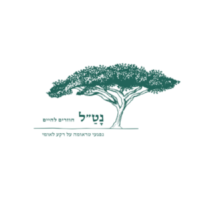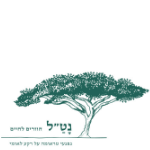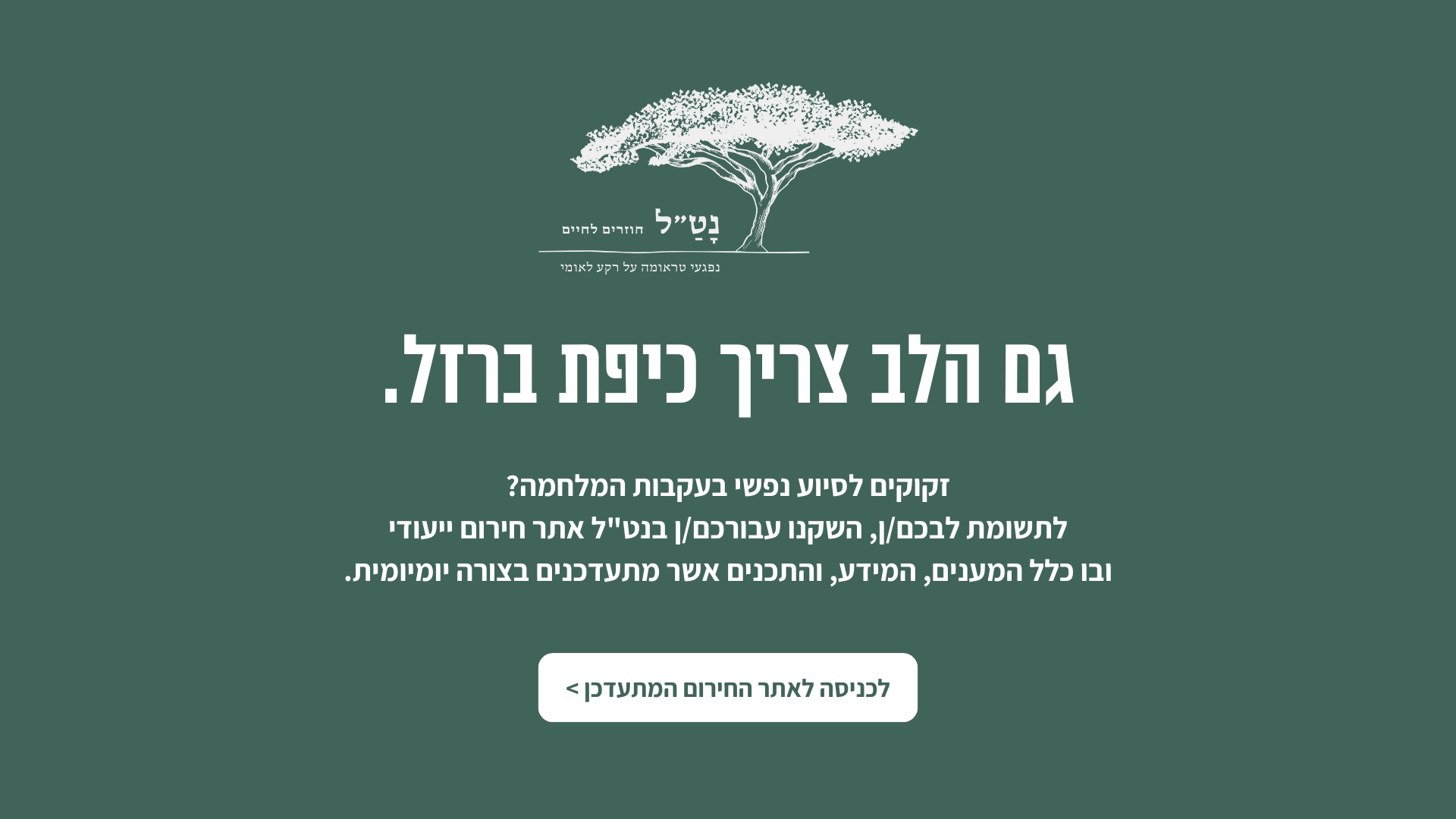מחקר המעריך את יעילותה של התערבות המשלבת הפחתת סימפטומים והפחתת סטראוטיפים ונטיות סטיגמטיות בקרב תלמידי בתי ספר יסודיים בעקבות מבצע עופרת יצוקה
כותבי המאמר: ברגר רוני, גלקופף מרק, היינברג יותם, זימברדו פיליפ
שנת פרסום: 2016
A School-Based Intervention for Reducing Posttraumatic Symptomatology and Intolerance During Political Violence
Authors: Rony Berger, Marc Gelkopf, Yotam Heineberg, Philip Zimbardo.
Year: 2016
Journal: Journal of Educational Psychology, Vol. 108(6), pp.761-771.
Abstract:
Studies indicate that individuals who are exposed to political violence and who experience personal threat and posttraumatic distress might also develop prejudicial and exclusionist attitudes toward outgroup members. To tackle this destructive dynamics in children, the authors implemented a 2-pronged approach, combining stress-reduction interventions with strategies geared to reducing stereotyping and discriminatory tendencies toward the other. A teacher-delivered universal school-based program, ERASE-Stress-Pro-Social (ESPS), was designed and implemented with Jewish Israeli students exposed to the 2008 Gaza War. Two hundred students from third to sixth grade were assigned to either 16 sessions of ESPS intervention (n = 99) or to a regular social skills (SS) program as a control group (n = 101). They were assessed on posttraumatic symptomatology (PTS), anxiety, somatic complaints, and functional problems, as well as stereotyping and discriminatory tendencies toward White, Arab, and Ethiopian children at 2 time-points: before the intervention and 2 months later. Elementary school students exposed to security threats and war exhibited significant levels of PTS distress as well as stereotyping and discriminatory tendencies toward Arab and Ethiopian children. Two months after the program ended, students in the ESPS group showed significant reduction on all measures compared to the SS group. Results show a strong link between PTS reduction and changes in attitudes toward Arabs. The ESPS program might help reduce PTS as well as prejudicial attitudes and discriminatory tendencies toward minorities in children exposed to political violence, thereby helping to preserve the democratic values and the delicate fabric of our multicultural societies.






